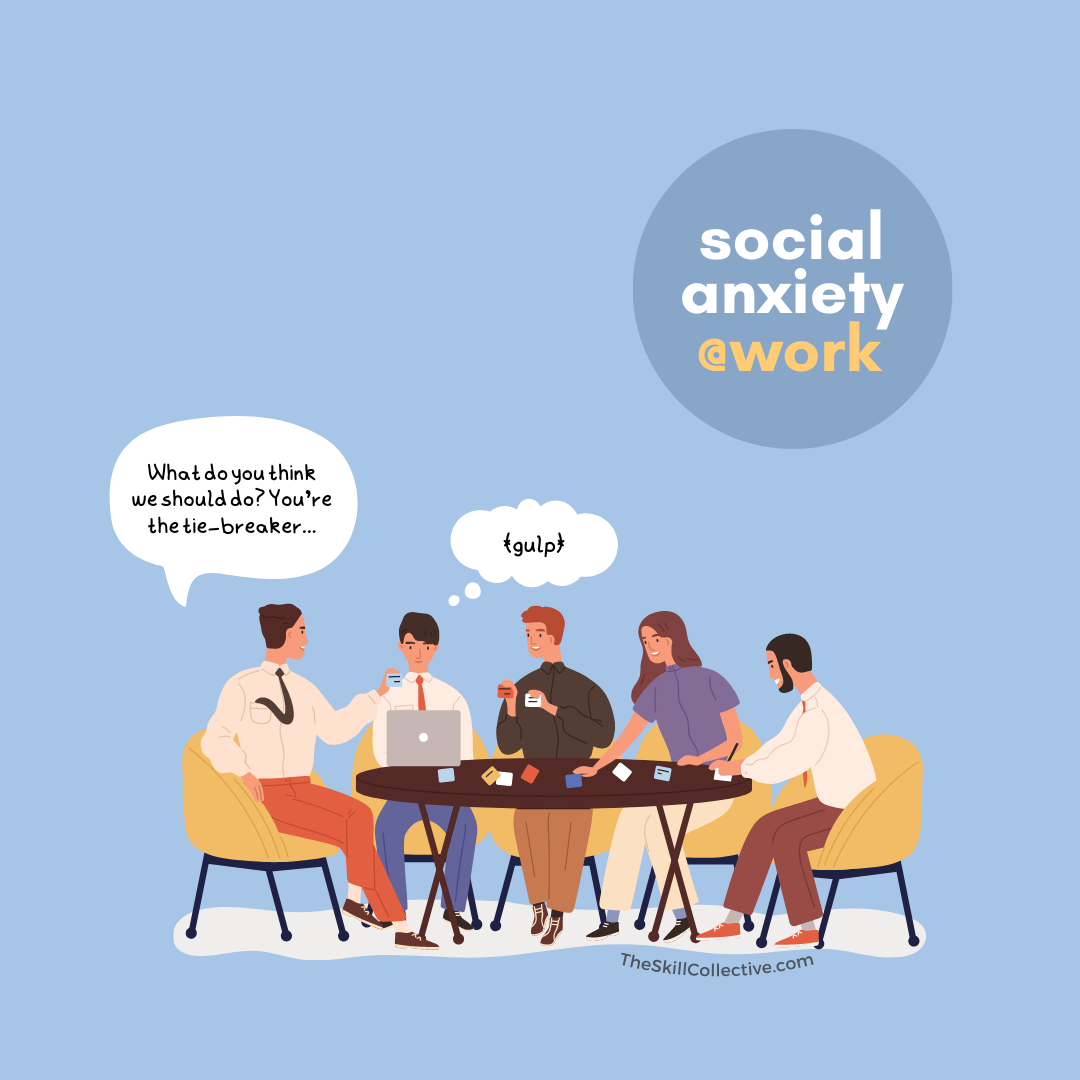Apple. Nike. Facebook.
Psychologist. Engineer. Dentist.
Introverted. Sociable. Temperamental.
Anxiety. Depression. Alcoholism.
Labels. They’re everywhere. One word can potentially give rise to a whole lot of thoughts, but what do labels mean in the context of mental health, and what do they really tell us?
WHY ARE LABELS AND DIAGNOSES USED IN MENTAL HEALTH?
Labels, or diagnoses, in mental health can conjure up all sorts of images. When you hear schizophrenia, what do you think the label conveys? What about anxiety?
The thing is, labels – or diagnoses as we would call them in mental health – tells us about the cluster of symptoms to expect. So, if someone had a diagnosis of an anxiety disorder, we would expect to see symptoms such as hypervigilance, being on edge, heightened physical symptoms, and worrying about possible future events.
Similarly, when we hear a diagnosis of major depressive disorder we may expect to see symptoms such as low mood, decreased motivation and enjoyment, lethargy, changes to appetite and sleep, and potentially suicidal thoughts.
Some benefits of diagnoses include:
Communicating with your GP or psychiatrist as to the broad cluster of symptoms to look out for. If your GP writes to your Psychologist and uses the term Major Depressive Disorder then both parties immediately have a useful shared understanding of what your symptom profile might look like.
Helping with assessment and treatment plan as a diagnosis helps a mental health professional to understand and formulate what is going on for you, and importantly to develop a treatment plan that they know - from research and their own clinical experience - has been effective for people with the same diagnosis in the past.
Helping third party financers (e.g. insurers, government services) decide how to best allocate their funding, for example differentiating between someone who “feels a bit blue” from someone who is feeling worthless almost everyday and contemplating death or suicide means that funds can be allocated where they are required the most.
Guiding research. Being able to spot trends in diagnoses such as an increased incidence of diabetes, or an increase in anxiety and depression amongst adolescence , means that funding agencies can prioritise research into these areas and through this research the development of prevention programs can be most effective in managing public health issues.
For some, having a label can feel validating – it can be a relief to have a diagnosis as it is a way to validate the suffering they are experiencing. It also gives them something to learn about (Google search anyone?) and gives them comfort knowing that they are not alone – that their Psychologist has seen and treated many people with similar experiences to theirs.
ARE LABELS AND DIAGNOSES THE FINAL WORD IN MENTAL HEALTH?
While labels and diagnoses are used in mental health, they’re not the be all and end all. They don’t tell us how best to help someone who is experiencing a mental health disorder, or which skills and techniques will work the best.
Consider Ross and Clare who both have a diagnosis of depression characterised by low mood, lethargy, decreased motivation and enjoyment, concentration problems, changes to weight, sleep, or appetite. But both have arrived at this diagnosis coming from different paths.
Ross has experienced low self-esteem throughout his life, particularly in relation to his body image. While he has worked hard to maintain his desired physique, an accident has meant that he hasn’t been able to exercise for almost a year, and this has led to weight gain and a significant change to the way that he feels about his body.
Clare’s workplace has experienced ongoing through redundancies for the past 18 months, and it’s been hard for Clare not knowing if or when she will be the one to lose her job. With three children to support, and with the job market looking unsteady, Clare has been feeling out of control, and feeling increasingly trapped and hopeless about her situation.
While both Ross and Clare may be diagnosed with depression, working with Ross may focus more on self-esteem and body image and learning to come to terms with his current physique, whereas working with Clare may involve helping her to cope with uncertainty and look at focusing on what is within her control versus what is beyond her control.
So while the diagnosis of depression may convey that both Ross and Clare have similar symptoms, we would help them in different ways. In other words, they may convey the bigger picture, but we would still learn to see things from Ross’s and Clare’s perspectives to understand how to best help them manage their depression symptoms.
That is, the label may fit, but one size does not fit all.
Thanks for reading. We hope that you enjoyed it as much as we did writing it.
Did you like this article? If so, please let us know by clicking on that little heart icon at the bottom of this post.
Know someone who may find this of interest? If so, please share with your connections/ social media network.
Want more? You can:
Contact us to make an individual appointment
Sign up for our FREE monthly newsletter and get exclusive tips that you won't find here on the blog
Like us on Facebook to get updates on our posts and other interesting articles
Follow us on Pinterest to see what piques our interest








(Updated July 2023) Experiencing stress and burnout? The stressors of modern day and lifestyle challenges may be making things worse. Here’s what to do about it.